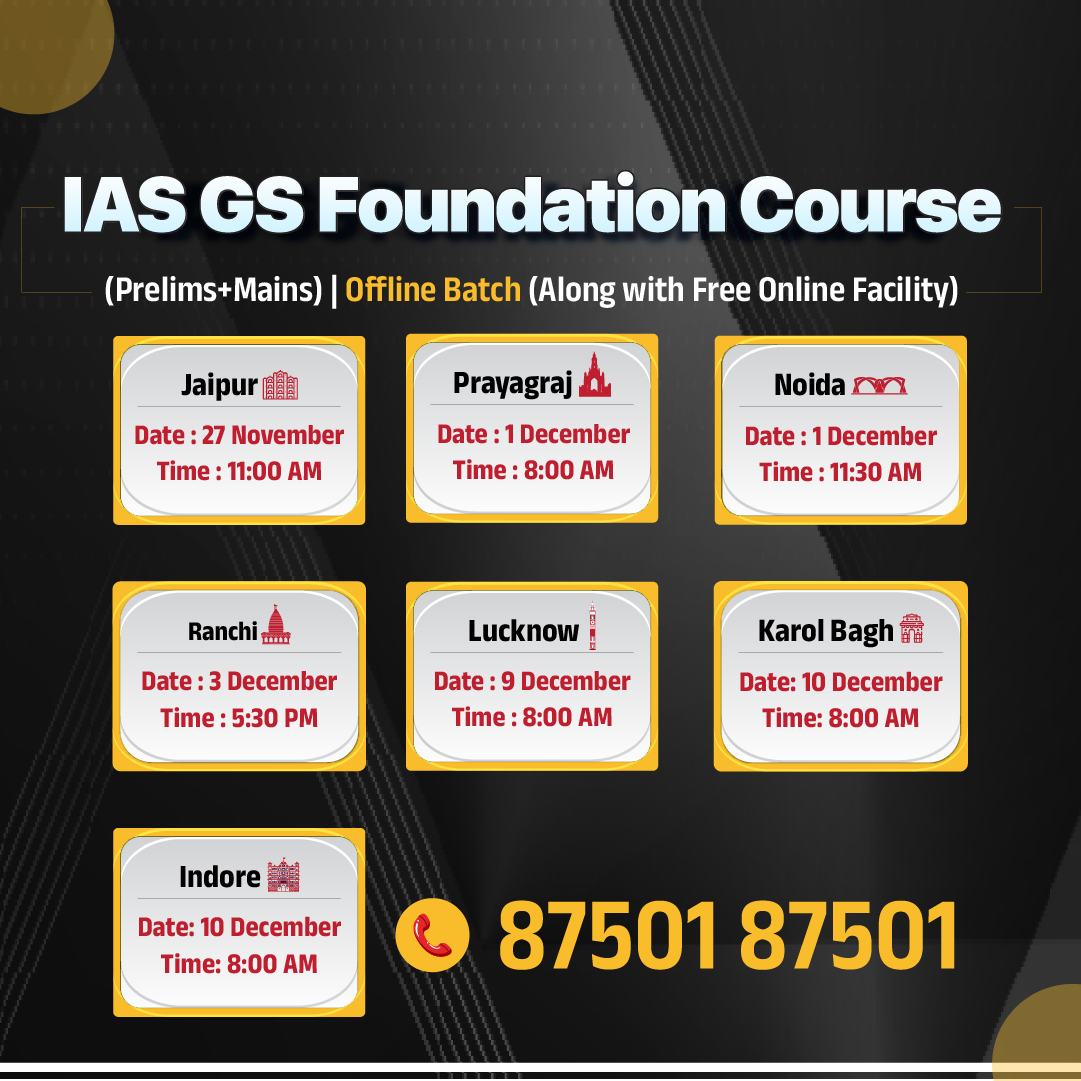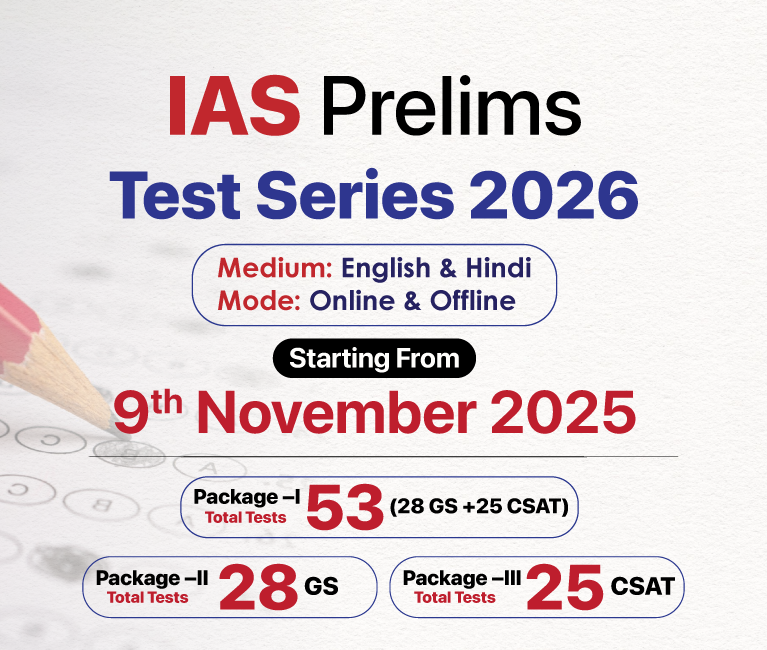Uttar Pradesh Switch to Hindi
‘Sugarcane Tigers' in Pilibhit Tiger Reserve
Why in News?
Recently, over 10 tigers have mysteriously disappeared from the sugarcane fields of Pilibhit, raising fears of poaching or migration.
Key Points
- 'Sugarcane Tigers':
- 'Sugarcane tigers' is a term used for tigers that inhabit sugarcane fields instead of forest areas.
- These fields offer thick cover and prey, creating a habitat similar to forests.
- Pilibhit, in Uttar Pradesh, is known for such tigers, as sugarcane fields offer shelter due to the shrinking forest cover and human encroachments in tiger habitats.
- Pilibhit Tiger Reserve :
- It is located in Pilibhit and Shahjahanpur district of Uttar Pradesh.
- It was notified as a Tiger Reserve in 2014.
- In 2020, it bagged international award TX2 for doubling up the number of tigers in the past four years.
- It forms part of Terai Arc Landscape in the upper Gangetic Plain.
- The northern edge of the reserve lies along the Indo-Nepal border while the southern boundary is marked by the river Sharada and Khakra.
- Flora and Fauna:
- It is home to a habitat for over 127 animals, 326 bird species and 2,100 flowering plants.
- Wild animals include tiger, swamp deer, bengal florican, leopard, etc.
- It has high sal forests, plantations and grasslands with several water bodies.
Uttar Pradesh Switch to Hindi
UP Bypolls 2024
Why in News?
Recently, Uttar Pradesh is gearing up for by-polls in several constituencies, following vacancies created by various factors.
Key Points
- About:
- Bypolls, also known as bye-elections or special elections, refer to elections held to fill vacant seats in the legislative bodies of India.
- It serves as a vital component within the broader electoral cycle and complements regular elections by addressing unforeseen vacancies.
- Purpose:
- The primary objective of bypolls is to ensure the timely filing of vacant seats, enabling the representation of the affected constituency or district in the legislative body.
- Occurrence:
- Bypolls are conducted when a seat in the legislature becomes vacant due to reasons such as the death, resignation, disqualification, or expulsion of a sitting member.
- Timeframe:
- Section 151A of the Representation of the People Act, 1951 mandates the Election Commission to fill the casual vacancies in the Houses of Parliament and State Legislatures through bye elections within six months from the date of occurrence of the vacancy, provided that the remainder of the term of a member in relation to a vacancy is one year or more.
- Hence, there is no need to hold bye elections if the remaining term of the Lok Sabha is less than one year from the date of occurrence of vacancies.
- Section 151A of the Representation of the People Act, 1951 mandates the Election Commission to fill the casual vacancies in the Houses of Parliament and State Legislatures through bye elections within six months from the date of occurrence of the vacancy, provided that the remainder of the term of a member in relation to a vacancy is one year or more.
- Impact:
- Impact on Political Landscape: Bye-elections often serve as a litmus test for political parties and their popularity.
- They provide an opportunity for parties to gauge public sentiment and assess their support base.
- Impact on Government Majority: Bye-election outcomes can affect the majority of the ruling government.
- If the ruling party loses a significant number of by-poll seats, it may lead to a loss of majority in the legislative body, which can impact the government's stability and decision-making.
- Testing the Electoral Strategies: Bye-elections provide an avenue for political parties to test their electoral strategies and fine-tune their campaign approaches.
- Parties may experiment with candidate selection, campaign themes, and messaging during by-polls, which can influence their strategies in subsequent elections.
- Impact on Political Landscape: Bye-elections often serve as a litmus test for political parties and their popularity.


.png)




.jpg)









.jpg)
.jpg)




.png)


.jpg)



 PCS Parikshan
PCS Parikshan


